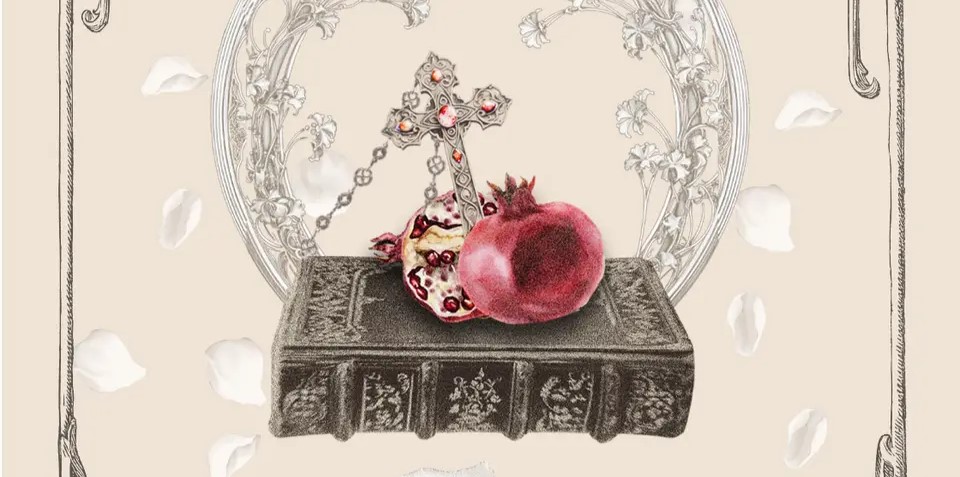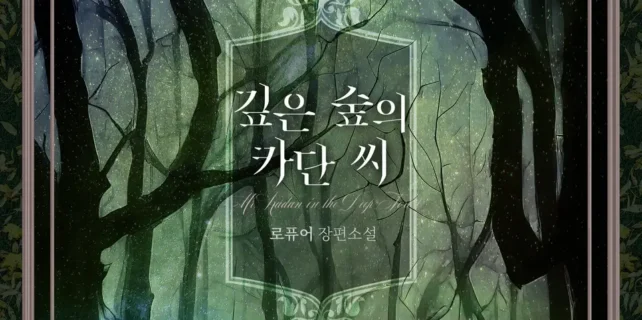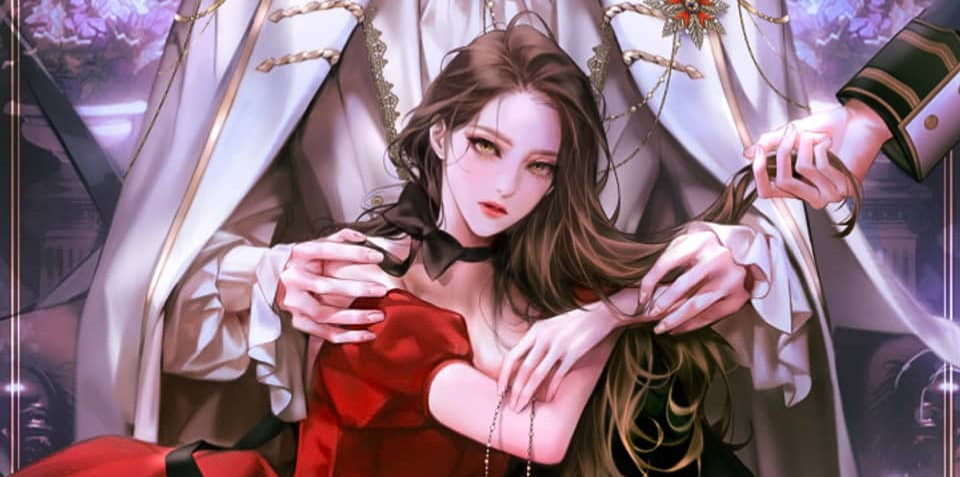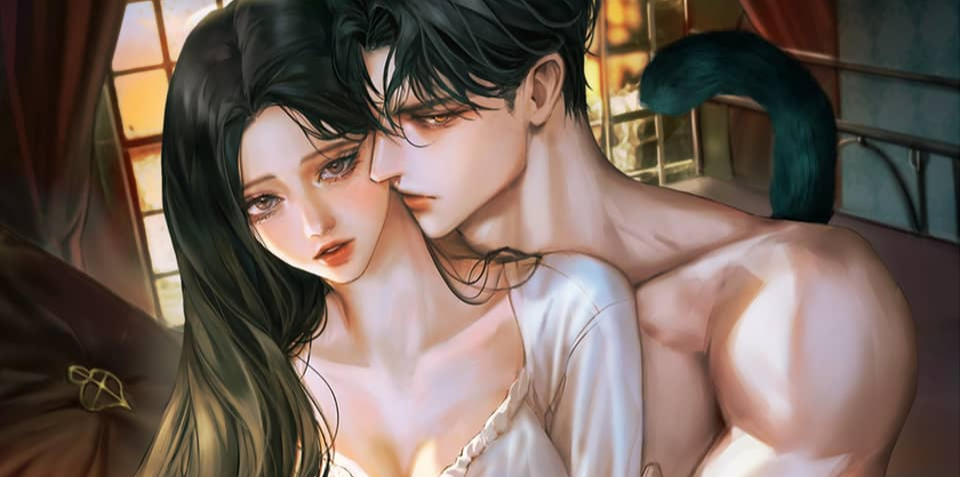Abandoned Maid of the Grand Duke - Chapter 33
Since his mother was the current emperor’s sister, if he made significant contributions on the battlefield, he would be granted the title of Grand Duke, greatly enhancing his standing in the currently heirless imperial family. If the emperor, who spent his days in debauchery, died of syphilis, all the better.
However, playing power games is only enjoyable when you have the power. What’s the use of a title, a mere piece of paper? If he became emperor now, who would clean up the aftermath of the war? How would they eradicate those cockroach-like rebels?
With things festering this badly, it wouldn’t be so bad if the situation were turned upside down. So, he half-heartedly nodded and accepted the academy diploma from the marquis.
“I trust you will return and lead us again.”
Never trust people, especially strangers.
His mentor had taught him not to trust others easily, and yet here he was, making that very mistake.
Internally clicking his tongue, Ernst gave a perfunctory nod. He got into the carriage that would take him to the ducal residence, without any idea of who might be waiting for him there.
***
Upon his return, the first thing that greeted him was the scent of roses planted throughout the mansion grounds. His father had planted the roses for his mother, who had loved them since her days as a princess.
“Young Duke, you’ve returned!”
“My, how long has it been since we last saw you!”
“It’s an honor to see that you’ve grown into such a fine man.”
Setting aside the greetings, he couldn’t help but notice how no one cared that they were wasting more expensive fertilizer on inedible flowers than on bread.
At that moment, he realized,
‘Ah, we’re doomed.’
Given the situation, it wouldn’t be surprising if a random passerby threw a Molotov cocktail over the wall into the ducal residence. Yet the staff remained blissfully ignorant.
Exasperated, Ernst kicked at the roses, snapping their stems. One, two, three… it soon became dull. After all, it wasn’t the roses’ fault. The emperor was incompetent, the nobles were useless, and the servants were commoners. Blaming them would achieve nothing. If he got shot on the battlefield, how would he be any different from them?
Just as he was about to turn away, he heard a faint sound coming from the garden. Turning back, he saw a woman trying to prop up the rose saplings he had trampled.
“……Who is that?”
The girl with curly red hair in a black maid’s uniform was supposed to be an indoor servant, so why was she in the garden, replanting the rose he had stepped on?
Ernst watched her curiously and then turned to the butler standing beside him, asking the question. The butler, pleased to receive a rare inquiry from Ernst, promptly answered.
“Do you remember her? That’s Julie, Cheryl’s daughter…”
Like he would know. He couldn’t even remember the names of all the dogs they kept, so how was he supposed to know the names of every maid?
Ernst shot the butler a sharp look, causing him to awkwardly smile before continuing.
“She had a bout of fever last month and now often comes to see the flowers. I believe it reminds her of her father, who was a gardener here.”
Sympathy was evident in the butler’s voice, and Ernst didn’t need to hear the rest to understand the situation.
The head of the household, like any dutiful noble, would have gone to the front lines. If the empire couldn’t meet its recruitment quotas, they paid hefty sums to send their servants instead. It seemed Julie’s father had been one of those sent off to war.
‘She’s no different from me.’
The emperor used his power to push his father, and his father used money to push hers. In some ways, they were in the same boat.
As he pondered this, he recalled the gardener’s broad shoulders as he lifted his daughter, twirling her around the garden. The memory of his father’s sternness, urging him to keep up, also surfaced.
His father had always been focused on his mother, so the bond between father and son had never been strong. But for Julie, things might be different.
Ernst might not remember the names of all the dogs, but distinctive details stuck with him. It was rare for entire families to serve at the manor, so he remembered those specifics.
‘Julie, Julie…’
Her father had been a gardener cherished by his mother, who had brought his family to live at the manor from a young age. Because of this, her father had faced some trouble with Ernst’s father, who likely saw it as favoritism.







